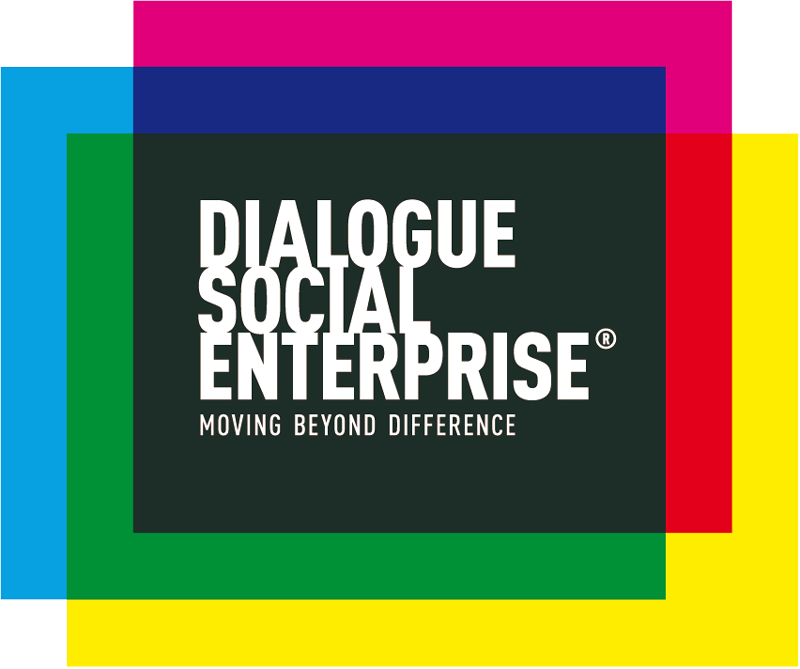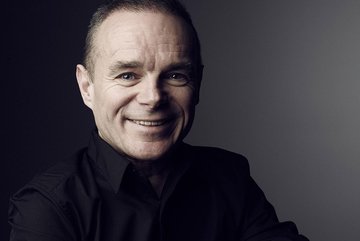Other Dialogue projects which have focused on benefiting other groups, are Dialogue in Silence, which employs people with hearing disabilities, and Dialogue with Time, where people over the age of 70 guide the visitors through the exhibition.
Triggered by the multiple impacts of the pandemic, DSE has now decided to broaden the scope of diversity and inclusion considered in its projects by including people with various disabilities in a program.
DSE's online inclusion workshop is a new program where we decided to involve different disabilities to maximize the impact on the client.
The first of these workshops was held virtually at the end of November, for a museum in Switzerland. Here, in addition to our inclusionists with visual disabilities, we included inclusionists with other physical disabilities.
Inclusionists are experts with disabilities who support our participants as learning partners. It has been proven that the most effective method to promote the inclusion of people with disabilities is the direct interaction with members of this group. Our inclusionists, experts in the field, accompany the participants arm in arm in various challenges of job inclusion.
One of these new inclusionists was Peter Brownbill, a 53-year-old actor from Germany who lives with pseudoachondroplasia, or simply said, short stature, a growth disturbance that is characterized by disproportionate short stature and proximally shortened extremities. He runs an agency for small-sized artists together with his wife and wants to open an exhibition about "size" with his non-profit association "Grössenwahn e.V. (the linked website is only available in German).
Peter describes his experience as an inclusionist this way: “Participating in the Dialogue Online Inclusion Workshops was very exciting, because I didn't know what would happen. I learned a lot from the participants, and I think vice versa. It's nice to be able to work genuinely with other people on important issues like inclusion or accessibility.”
Often organizations launch disability inclusion processes but without direct involvement of people with disabilities since the beginning. The reasons are various, but at DSE we have found two main barriers: myths around disability which reinforce negative stereotypes as well as lack of inclusive communication skills which prevent authentic cooperative interactions.
For this reason, a key component of the Dialogue Online Inclusion Workshops is the encounter with these experts with disability, who act as a knowledgeable and kind learning partner for our participants. We truly believe the inclusion impact will be bigger if our inclusionists represent diverse disabilities. That will enrich the learning process. And that is what Peter achieved in this first workshop.
“I think the participants understand so much better the issues and the situations that disable us every day. When participants associate the "disabilities" with names or real people, it possibly motivates them even more than before. People with disabilities can certainly also name the requirements for accessibility much better.”
Efforts will continue from our side to add more and more disabilities in our pool of inclusionist to maximize our impact on disability inclusion.

